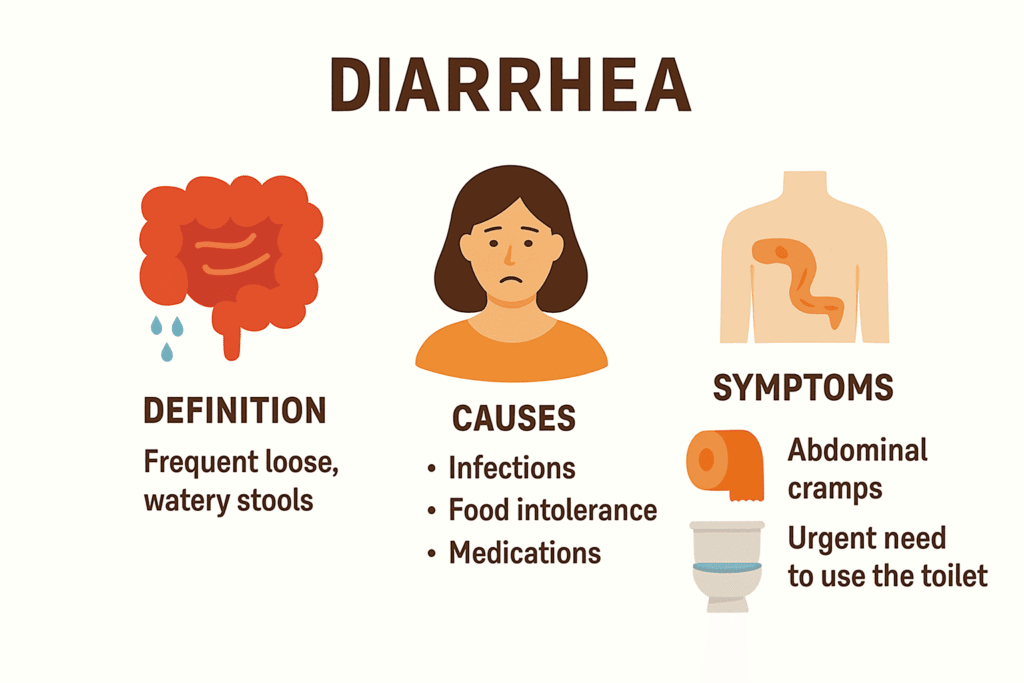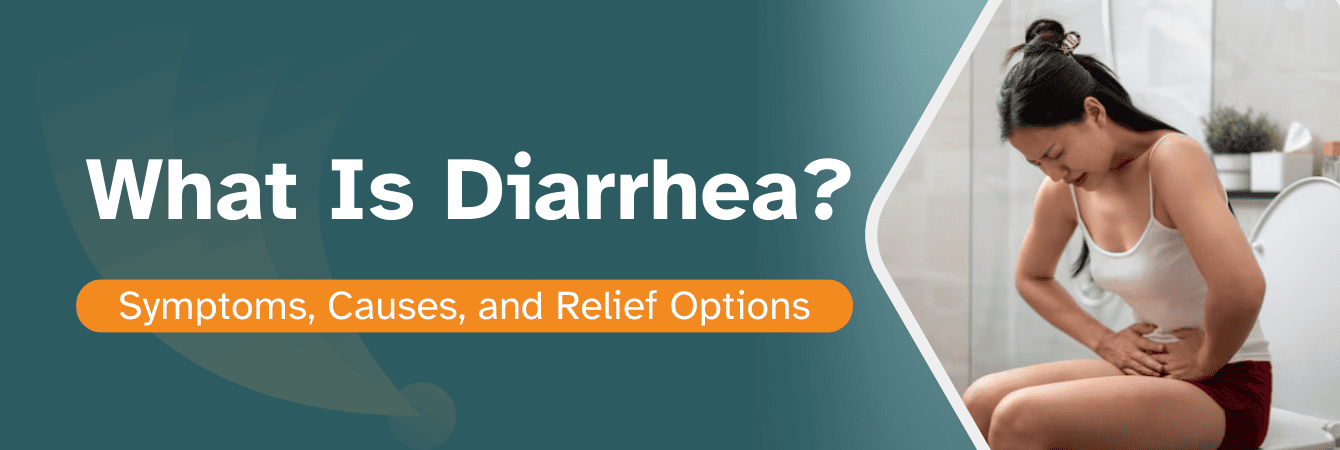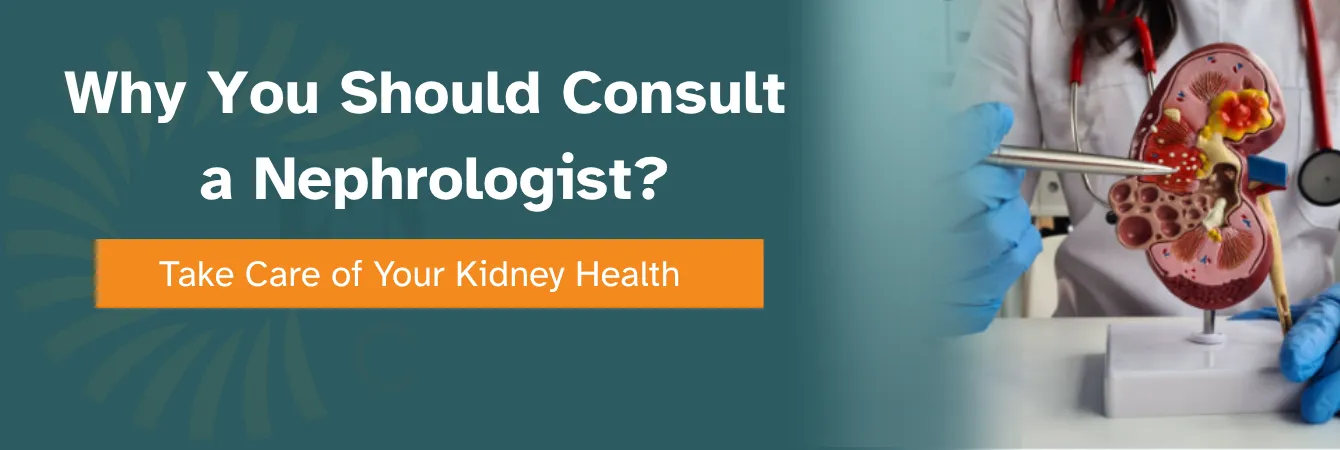What Is Diarrhea? Symptoms, Causes, and Relief Options
- September 13, 2025
- Abrol Hospital
Diarrhea is something most of us have faced, yet it always feels overwhelming when it strikes. Imagine planning your day only to be interrupted by repeated bathroom trips, stomach cramps, and weakness. While many people dismiss diarrhea as a minor inconvenience, it can actually reveal important insights about your digestive health. At times, it may simply be your body’s way of flushing out infections or toxins. But persistent diarrhea may indicate deeper medical problems like Irritable Bowel Syndrome (IBS), food poisoning, or chronic digestive disorders.
Diarrhea Impact on Digestive Health
The digestive system is designed to absorb nutrients and fluids from food. But when infections, irritants, or chronic conditions disrupt this process, water and electrolytes pass into the stool instead of being absorbed. This rapid movement of waste is what causes diarrhea. In other words, diarrhea is not just a symptom—it’s a sign that your digestive balance has been disturbed.
Main Causes of Diarrhea
- Infections
Viral infections: Norovirus and rotavirus are common viral causes. Rotavirus especially affects children, while norovirus spreads rapidly in groups like cruise ships or schools.
Bacterial infections: E. coli, Salmonella, and Shigella are often found in undercooked or contaminated food.
Parasitic infections: Giardia and Entamoeba histolytica spread through dirty water and unhygienic conditions.
Food-Related Triggers
Food poisoning: Eating spoiled or contaminated food leads to sudden diarrhea.
Lactose intolerance: People with lactose intolerance cannot digest milk sugar, leading to bloating, cramps, and diarrhea.
Food allergies: Certain foods trigger immune responses that irritate the gut.
- Medication-Induced Diarrhea
Antibiotics: These disturb gut bacteria balance, leading to diarrhea.
Chemotherapy drugs: Often damage intestinal lining.
Antacids with magnesium: Speed up bowel movements.
- Chronic Conditions
Irritable Bowel Syndrome (IBS): Alternating diarrhea and constipation with bloating.
Inflammatory Bowel Disease (IBD): Includes Crohn’s disease and ulcerative colitis, both of which cause long-term diarrhea with blood and mucus.
Celiac disease: Triggered by gluten intake, damaging the intestines.
Symptoms of Diarrhea
1. Frequent Loose Stools
Passing watery stools more than three times a day is the most obvious symptom.
2. Abdominal Cramps
Intestinal muscles contract rapidly, causing painful abdominal cramps that accompany each bowel movement.
3. Bloating and Gas
Since digestion is rushed, gases build up, making the stomach feel tight and uncomfortable.
4. Nausea and Vomiting
Infections or food poisoning often irritate both the stomach and intestines, leading to vomiting alongside diarrhea.
5. Dehydration Signs
Dry mouth and lips
Extreme thirst
Dark, concentrated urine
Fatigue and dizziness
If dehydration becomes severe, it may require medical attention or IV fluids.
Relief and Treatment Options
1. Hydration
Oral Rehydration Solution (ORS) is the gold standard. It contains the right balance of salts, glucose, and water to restore electrolyte levels.
2. Over-the-Counter Medicines
Loperamide (Imodium): Slows down stool movement.
Bismuth subsalicylate (Pepto-Bismol): Reduces stomach irritation and kills bacteria.
3. Prescription Medications
For bacterial infections, antibiotics may be necessary. For chronic diarrhea, treatment depends on the underlying condition.
4. Home Remedies
Ginger tea to soothe digestion
Chamomile tea to reduce cramps
Clear broths to maintain hydration
💡 Experiencing symptoms of diarrhea? Don’t ignore it!
At Abrol Hospital, the best hospital in Gurdaspur, our expert doctors are here to provide safe, effective, and personalized treatment to help you recover quickly. Whether it’s mild or chronic diarrhea, timely consultation is the key to preventing complications.
📞 Book your appointment today and consult our specialists for trusted care.

FAQs (Frequently Asked Questions)
Diarrhea can be caused by viral or bacterial infections, contaminated food or water, food intolerances (like lactose intolerance), stress, medications such as antibiotics, and digestive conditions such as irritable bowel syndrome (IBS) or inflammatory bowel disease (IBD). Identifying the cause is important for proper treatment.
To stop diarrhea, it’s essential to stay hydrated, rest, and eat bland foods like rice, bananas, toast, and applesauce. Over-the-counter medicines such as loperamide may help in mild cases, but if diarrhea lasts more than two days or is severe, medical attention is required.
Recovery involves rehydration, rest, and following a simple diet. Gradually introduce easily digestible foods such as rice, oatmeal, boiled potatoes, and toast. Taking probiotics may also help restore healthy gut bacteria. If diarrhea is prolonged or severe, consult a doctor.
Treatment depends on the cause. For mild cases, rehydration and dietary adjustments are enough. For bacterial infections, antibiotics may be prescribed. Chronic or recurring diarrhea requires a doctor’s evaluation to rule out digestive disorders.
Symptoms include frequent loose or watery stools, stomach cramps, bloating, nausea, urgent need to use the toilet, fever, and dehydration signs like dry mouth, fatigue, and dizziness.
Sudden watery diarrhea is often caused by viral gastroenteritis (stomach flu), contaminated food or water, or food poisoning. In most cases, it lasts for a short period, but severe or persistent symptoms need medical attention.



